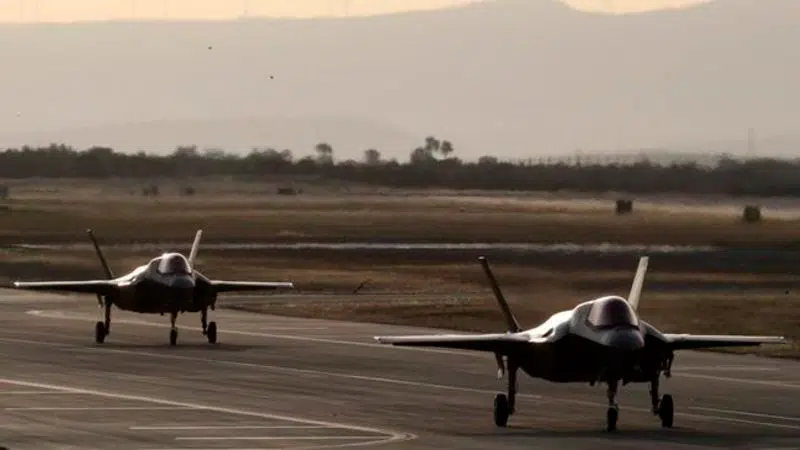
Rival fighter-jet makers warn procurement rule change for F-35 will hurt Canada
OTTAWA — The Trudeau government’s plan to loosen federal procurement rules for the F-35 stealth fighter is sparking public warnings from other fighter-jet makers that it will ultimately hurt Canada.
The Liberals revealed earlier this month that they plan to ease industrial requirements for aerospace companies in the $19-billion competition to replace Canada’s aging CF-18s with 88 new fighter jets.
The government would essentially lift a long-standing requirement that companies bidding on major defence contracts make contractual commitments to spending some of the proceeds on Canadian goods and labour or have their bids tossed out.


